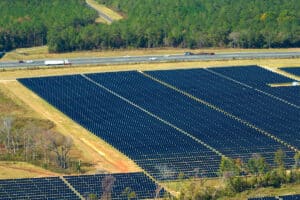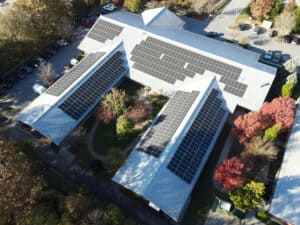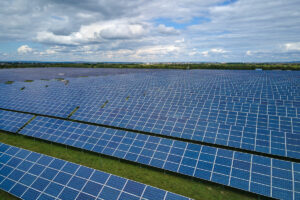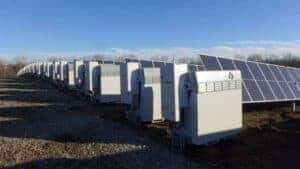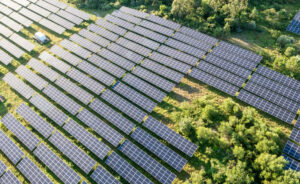For quite some time, it was thought that net metering was proving to be quite useful for the grid and its sustainability.
However, the example of a reusable bag at a grocery store, seems to actually be what net metering is doing for the industry.
Overview
Net metering is a simple, intuitive way to pay for solar generation at retail rates. It puts solar companies on a collision course with regulators trying to protect non-solar customers from cost-shifting.
Solutions to this conflict exist and have the potential to unlock an even brighter future for the solar industry. Net metering pays owners of distributed solar for their excess power generation at the same price they would pay for power from the grid.
When solar is a small fraction of the generation on the grid, this is a great deal for utilities and other ratepayers: solar generation occurs during the day, when electricity demand is typically and wholesale prices are also high.
This is crucial on hot summer days when air conditioners drive up peak loads. Net metering becomes less attractive for utilities as solar penetration increase.
Summary
If everyone in the industry works towards a well-calibrated tariff, everyone will have the incentives they need to get the most out of future solar installations.
Solar companies will get more business deploying solar where it does the most good. Regulators will see that all ratepayers are treated fairly. Utilities will find that new solar is connected to the grid where it makes it easier, not harder, to balance supply and demand.
EnergyLink can assist in allowing you to take advantage of the best practices in the industry to reap the benefits and incentives they deserve. The future will see customers being awarded for helping the grid during the coincidence peak, which is when the city’s demand for energy is at the highest.
